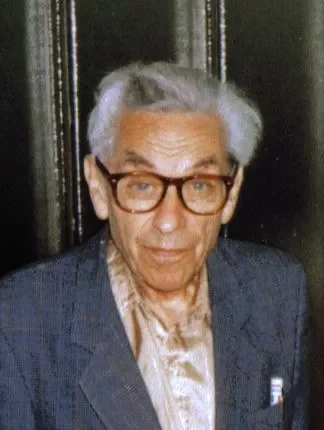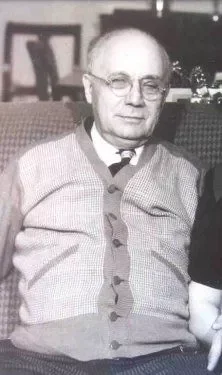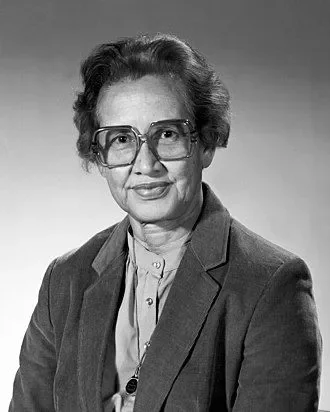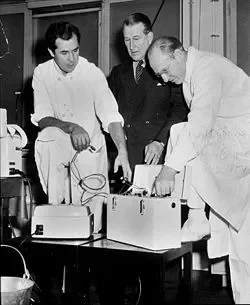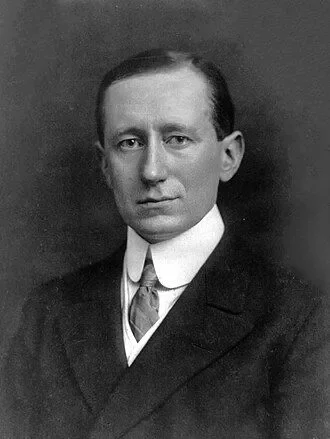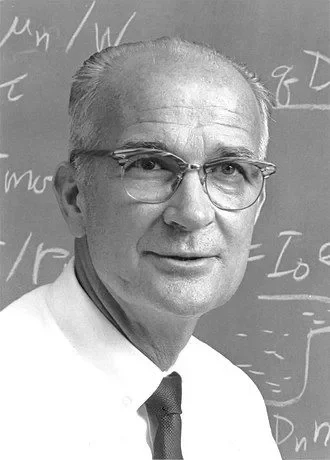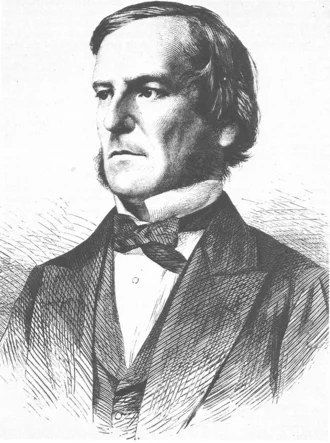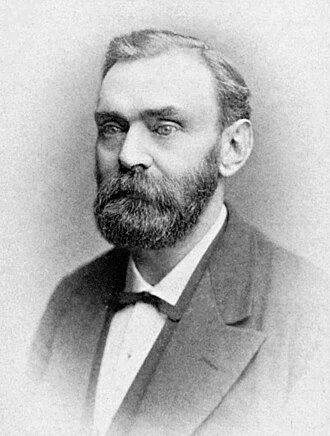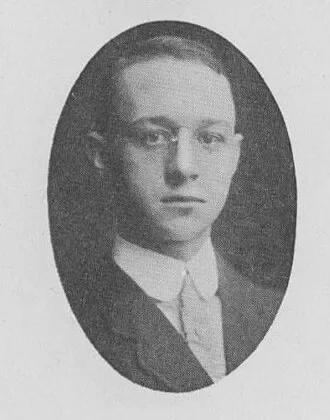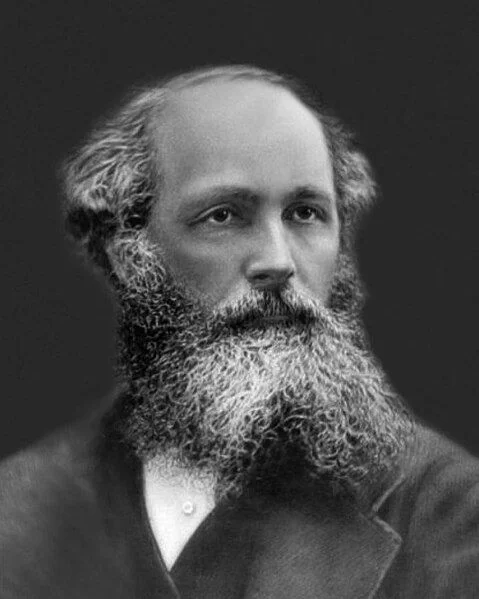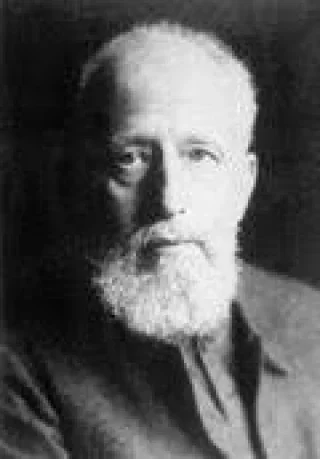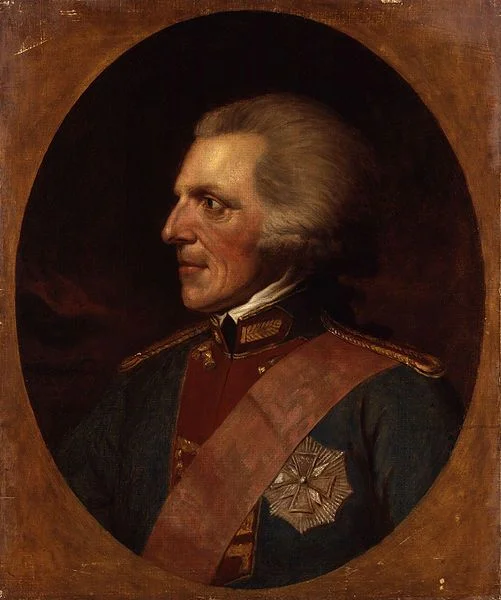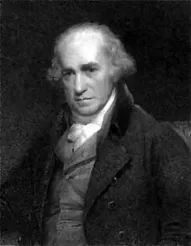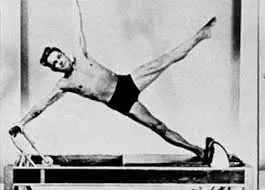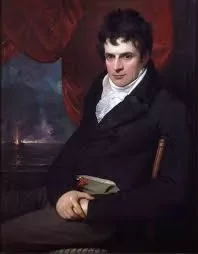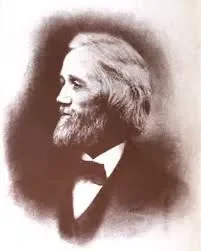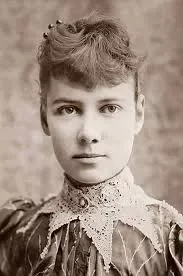Real Celebrities Never Die!
OR
Search For Past Celebrities Whose Birthday You Share
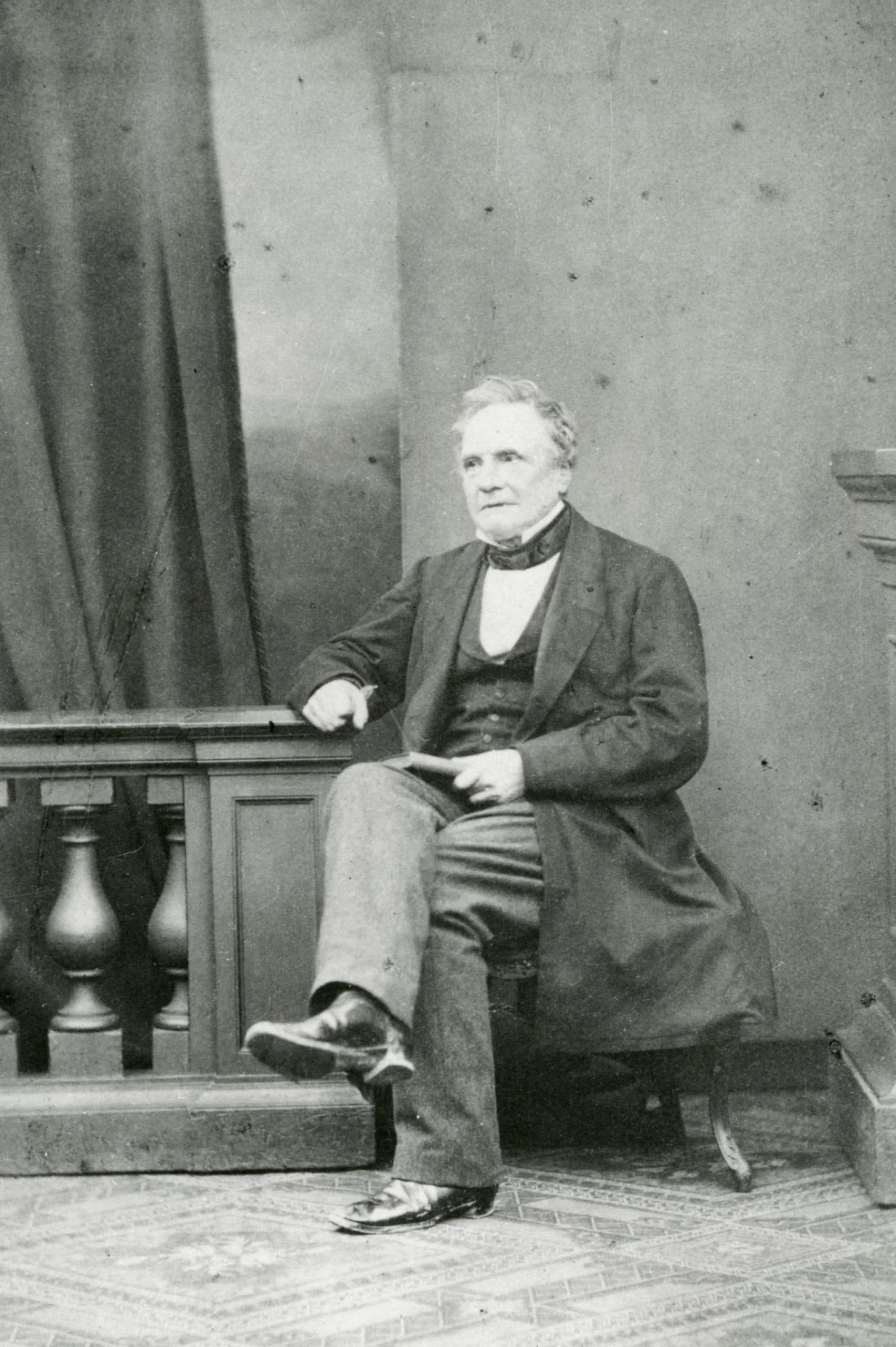
source:encrypted-tbn2.gstatic.com
Charles Babbage
Birthday:
26 Dec, 1791
Date of Death:
18 Oct, 1871
Cause of death:
kidney failure
Nationality:
British
Famous As:
Inventor
Age at the time of death:
79
Charles Babbage's Quote's
Early Life and Education
Charles Babbage was a visionary English polymath, mathematician, philosopher, inventor, and mechanical engineer, who is often referred to as the “father of the computer.” Babbage was credited with inventing the first mechanical computer, the Difference Engine, which indicated the development of computers and their impact on society. Babbage was born on December 26, 1791, at 44 Crosby Row, Walworth Road, London, England, and came from a well-off family. His father, Benjamin Babbage, was a banking partner of William Praed in founding Praed’s & Co., and his mother, Betsy Plumleigh Teape, came from a family of wealthy merchants and politicians.
Babbage displayed an interest in mathematics and mechanics during his early years. He attended several schools, where he revealed his talents in subjects such as algebra, geometry, and Latin. In 1810, Babbage arrived at the University of Cambridge. During his time in Cambridge, he and his friends formed the Analytical Society, a group that aimed to reform mathematical notation and promote the use of symbolical algebra in 1812. In 1814, he graduated from Cambridge University’s Trinity College and received his degree without examination. In 1816, Babbage was elected as a lecturer at the Royal Institution where he lectured about astronomy.
The Difference Engine
In the 1820s, Babbage introduced his first significant invention, the Difference Engine, a machine designed to compute polynomial functions by mechanical means. Although he was not able to complete the design due to various challenges, he laid a foundation for the development of mechanical calculators.
The Analytical Engine
In the mid-1830s, he revolutionized computer science with his groundbreaking work, the Analytical Engine. The Analytical Engine was a general-purpose mechanical computer that had the components of a modern computer. His ideas about the Analytical Engine included the concept of a “store” or memory where instructions and data could be stored for processing. Babbage’s work was not fully realized during his lifetime due to financial and technical challenges. His designs interested the later generations of computer scientists and engineers.
Publications and Recognition
Babbage published several works related to his inventions and ideas, including “On the Economy of Machinery and Manufactures” and “Passages from the Life of a Philosopher” which provided insights into technology, industrialization, and the potential impact of machines. From 1820 to 1842, Babbage founded and served as the president of the Royal Astronomical Society. He was actively involved in promoting scientific research. In 1824, he was awarded the Gold Medal of the Royal Astronomical Society for his work on mathematical tables and his role in the founding of the society.
Other Contributions
Apart from his work in computing, Babbage also made contributions to other fields by inventing the speedometer for locomotives and developing a precursor to the modern postal system. Babbage’s work received public recognition and was elected to various prestigious societies.
Legacy and Death
Charles Babbage passed away on October 18, 1871, at the age of 79, in Marylebone, London. He is remembered as a visionary thinker and a pioneer in the world of computers. Babbage’s work laid the base for the development of modern computers and had a lasting impact on the field of technology.
Name:
Charles Babbage
Popular Name:
Charles Babbage
Gender:
Male
Cause of Death:
kidney failure
Spouse:
Place of Birth:
London, England
Place of Death:
Marylebone, London, England
Occupation / Profession:
Personality Type
Virtuoso: Bold and practical experimenters, masters of all kinds of tools. Due to his natural inclination for experimentation, he was able to invent numerous unique things.
Charles Babbage authored nearly ninety papers on subjects such as geology, astronomy, mathematics, statistics, mechanical engineering, and philosophy.
He was fascinated by the occult and formed The Ghost Club with a group of University peers.
Conceived the first automatic digital computer
Gold Medal of the Royal Astronomical Society

